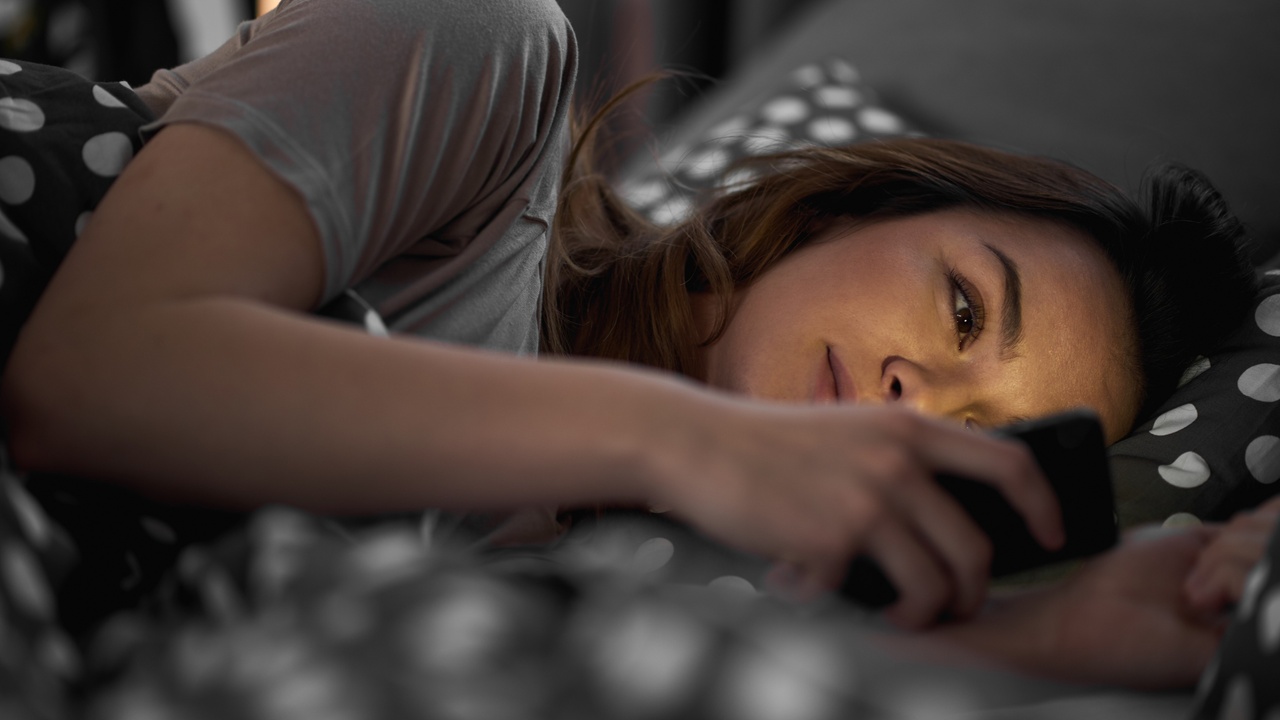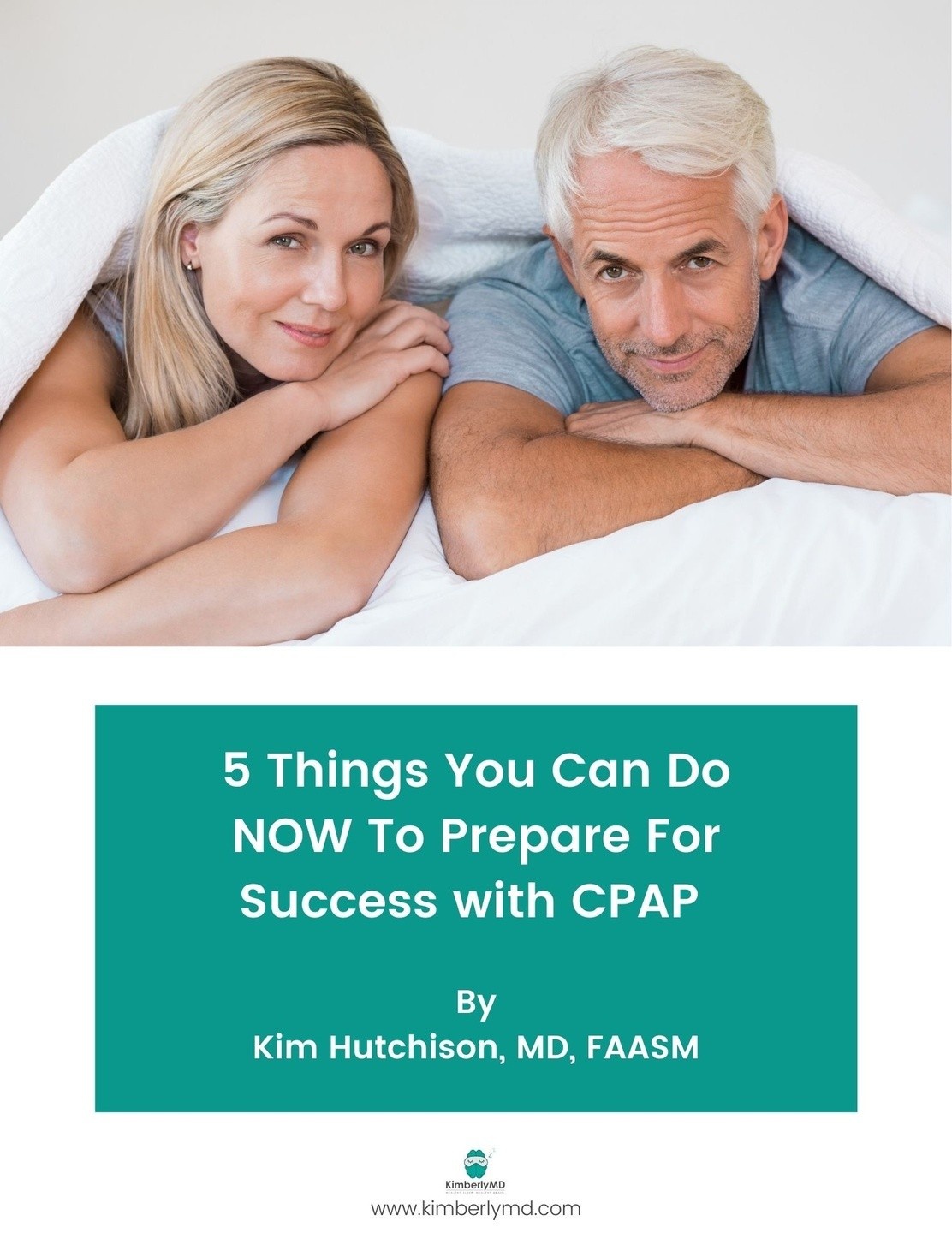How Much Should I Care About Screen Time At Bedtime?

How Much Should I Care About Screen Time At Bedtime?
There you are, tucked into bed, your phone in one hand and a book in the other. Which one should you choose?
The phone is so tempting. Scrolling through news, social media, or playing games feels like a great way to relax before bed. But if you’ve ever been on your device at bedtime, waiting to get sleepy, you know that sleep doesn’t always come. In fact, you’ve probably been surprised to suddenly realize you’ve been scrolling for an hour or more!
It’s remarkably easy to “zone out” on a device. But there is reason for concern.
Blue Light 101
Electronic devices like televisions, phones, and tablets emit blue light – a significant portion of visible light that has a short wavelength and high energy. Sunlight is our biggest source of natural blue light and is responsible for boosting alertness, improving memory and brain functioning, and elevating our mood.
BUT, blue light inhibits melatonin, our natural, internal sleep hormone that is released when it gets dark outside and signals that it’s time to get some shut-eye. When it’s time to wind down for sleep, spending time with devices that mimic sunlight blocks melatonin -- and the signal that it's time for sleep.
Blue Light Blockers
Research is limited on the effectiveness of blue light blocking options like “night mode” on smartphones and blue light blocking glasses. What we know is that even on "night mode", there is enough blue light to inhibit melatonin, our natural, internal sleep hormone. When we hop on a device right before bed, melatonin is blocked and you’re less likely to get a signal that your body is ready for sleep. If you must be on a screen at night, I recommend night mode AND wearing blue-blocking glasses for the final 2 hours before bed, with no screens at all for 30 minutes before bed.
Winding Up or Down
Blue light aside, the media we consume on a device can also stimulate our brains into thinking it’s time to be awake and alert. Whether watching a show that increases your anxiety, playing a video game that requires focus, or getting “riled up” by eye-catching headlines; media is designed to get you going, not calm you down.
The National Sleep Foundation recommends that you should stop using electronic devices, like your cellphone, at least 30 minutes before bedtime. If you want more sleep and better quality sleep, the choices you make at bedtime are key!
What To Do
Relaxation is key. Instead of picking up your phone, consider a relaxing wind-down routine that is more likely to help you feel sleepy naturally. Sticking to the same set of activities before bed every night can help your brain more quickly recognize it’s time for sleep.
Here are a few things to try:
- Read a book with dim light
- Listen to music or an audiobook
- Stretch Deep breathing exercises
- Meditation or journaling
Hopefully, by regularly doing one or more of these activities before bed, you’ll be impressed with how quickly you fall asleep and how much better you feel the next day.
Give it a try!



